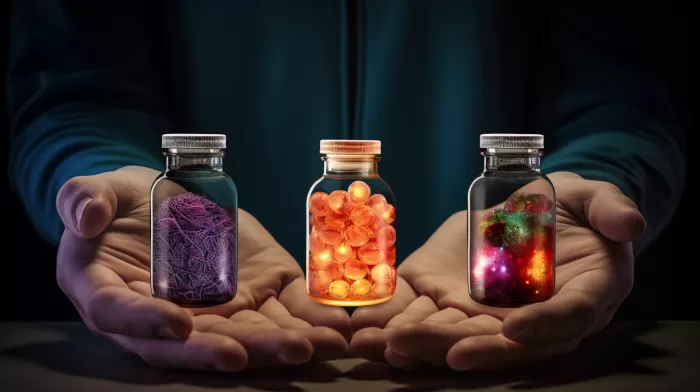A stroke occurs when the blood flow to the brain is disrupted due to blood clots or ruptures, depriving the brain of oxygen and essential nutrients. This causes brain cells to die and leads to varying levels of disability or even death. Approximately 130,000 people die each year in the U.S. from strokes, making it the leading cause of disability. Many people are not aware that some common medications can significantly increase the risk of a stroke. Here are three such medications:
Proton Pump Inhibitors
Acid reflux and heartburn are typically treated with proton pump inhibitors (PPIs). According to a study from the Danish Heart Foundation, taking PPIs can increase the risk of a stroke by 21%, and some PPIs at higher doses can cause this risk to increase to a staggering 79%. Instead of resorting to these medications, consider more natural remedies for heartburn, such as the ones recommended by Dr. Michael Cutler or Dr. Mark Wiley’s advice for managing acid reflux naturally.
NSAIDs and Cyclooxygenase-2 Inhibitors
Non-steroidal anti-inflammatory drugs (NSAIDs) like ibuprofen and cyclooxygenase-2 inhibitors such as Bextra, Vioxx, and Celebrex may help with pain relief but can lead to more fluid retention. This increased amount of fluid can cause turbulent blood flow, which may result in dysfunction in blood vessels and arteries, in turn, leading to a higher risk of heart attack and stroke. It has been shown that ibuprofen increases the risk of heart attack by 31%. Concerns over the association between NSAIDs, heart disease, and stroke have led the FDA to impose stricter regulations on NSAID product labels. A great way to reduce inflammation is by focusing on your diet: avoid processed foods, eliminate high amounts of sugar, and introduce a variety of anti-inflammatory foods. You may also consider incorporating pain-relieving herbs in your meals.
Selective Serotonin Reuptake Inhibitors
Selective serotonin reuptake inhibitors (SSRIs) are antidepressants that have been linked to an increased risk of stroke by 25%. It is worth noting that these medications are not as effective as many people think, which means you may want to explore more natural alternatives to treat depression.
Be aware of the medications you are taking and consider whether there are natural alternatives to replace them or lifestyle changes that can help manage your condition. Your health is essential, so be sure to consult with your healthcare provider before making any changes to your medication regimen.



